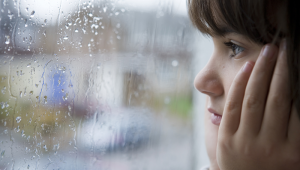‘County lines’ drug trafficking - where criminal gangs groom young children to deliver drugs outside of their usual operating area - could be dealt with by learning from other cases of child exploitation, according to a report published on Wednesday by multiple watchdogs.
The report said that much has been done by many local partnerships across the country to deal with child sexual exploitation, but this success must be built upon and shared so that other forms of exploitation, like county lines drug running, can be dealt with effectively.
Ofsted, Care Quality Commission, HM Inspectorate of Constabulary and Fire & Rescue Services and HM Inspectorate of Probation jointly published the report.
It found that some partners do not have a grip on the scale of criminal exploitation in their area. Poor intelligence-sharing sometimes hampers wider recognition and understanding of criminal exploitation and the ability to effectively respond to children.
Bodies providing children’s social services, education, health services, youth offending services and probation services “must make sure that they have the building blocks in place to work quickly and effectively”, according to Yvette Stanley, Ofsted’s national director of social care.
She added: “We must not repeat the mistakes of the past, where some partners were too slow to recognise the risk of child sexual exploitation in their areas.”
Agencies and professionals must work together with parents and children to alert them to the signs of grooming, exploitation and county lines, the report said.
Ursula Gallagher, deputy chief inspector at CQC, said: “Healthcare professionals and anyone working with children have a responsibility to look for the signs of exploitation, to use their curiosity and compassion, and not judge a child for their behaviour or the situation they are in.”











